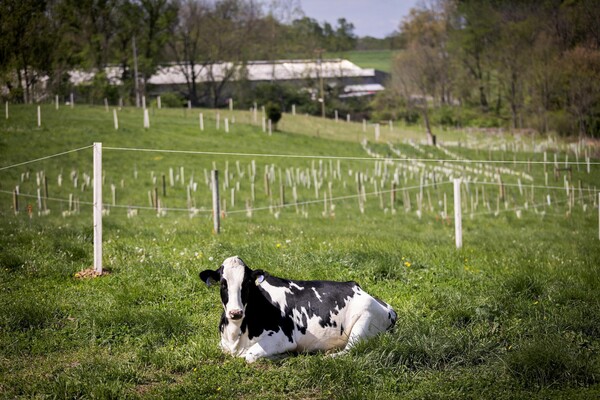
Image: Andriy Onufriyenko via Getty Images
Fracking, or the extraction of oil and gas from shale rock formations, is suddenly more attractive with the surge in oil prices fueled by Russia’s invasion of Ukraine. The conflict threatens disruption of natural gas flows from Ukraine to Europe, while oil companies with interests in Russia could be caught in the crossfire of sanctions by the U.S. and European countries. A recent research paper by experts at Wharton and elsewhere titled “A World Equilibrium Model of the Oil Market” makes the business case for fracking as a viable mitigating factor to soften the impact of oil and gas price shocks.
New investment in oil fields is typically demand-driven, and not driven by supply shocks such as those that could occur with the Russia-Ukraine conflict, according to Wharton finance professor Gideon Bornstein, who co-authored the paper. He does not expect conventional oil firms to invest in new oil fields as a response to the “short-term” supply shocks resulting from the conflict.
“Investment in oil is very volatile,” says Bornstein, adding that it increases when oil prices are high and falls when they are low. “But we also saw in our data that it is very hard for conventional, non-fracking oil fields to change the amount of oil they [can extract] in the short run.”
In contrast, fracking offers much more flexibility than conventional oil production. “With fracking, within one year, you can invest and have oil running out,” says Bornstein. “Secondly, with fracking, it is very easy to shut down or increase the amount that you produce.”
“Fracking weakens the OPEC cartel, leading to a large, long-run decline in oil prices,” the researchers write in their paper. Fracking also reduces the volatility of oil prices in the long run because fracking firms can respond more quickly to changes in oil demand, they add.
According to Bornstein, “the main contribution of the paper is our ability to look at the data to quantify what people have been talking about, and documenting how hard it is for conventional technologies to change the amount of oil production in the short run and how easy it is for the fracking field.”
The paper does not consider the potential environmental effects of fracking, which have been controversial.
Read more at Knowledge@Wharton.
From Knowledge at Wharton

Image: Andriy Onufriyenko via Getty Images

Four women street vendors sell shoes and footwear on a Delhi street.
(Image: Kannagi Khanna)

nocred

nocred